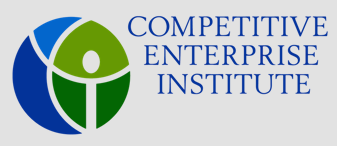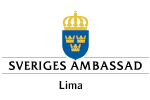
The announcement is promising for people in the developing world, as blockchain technology can provide an innovative new method to establish property rights. The potential of this is made clear by co-founder and renowned Peruvian economist Hernando De Soto. As a long-time advocate of establishing property rights for the poor, De Soto’s studies have estimated that over 5 billion people worldwide lack legal title to land, comprising $10 trillion dollars’ worth of untapped capital. This is commonly due to inadequate systems of land titling that are complex, incomplete, and rife with governmental fraud and abuse. “Where ownership of most assets is difficult to trace and validate and is governed by no legally recognizable set of rules,” de Soto wrote, “most assets, in short, are dead capital.”
Establishing a system of efficient, transparent property rights would allow the world’s poor to leverage their inherent assets, spurring greater access to finance. One of the greatest obstacles to this, however, is weak and predatory government. That’s where the blockchain comes in. As a distributed public ledger that can log land titles digitally, blockchain provides a more transparent and efficient alternative to slow, bureaucratic governments. Land and property fraud would no longer be so easy, as officials would leave an obvious digital trail if they tampered with records. As the blockchain company Factom’s CEO Peter Kirby has noted, developing nations often lack accountability and necessary infrastructure to credibly administer land titles. Kirby found that in Honduras, for example, title records were stored in a “nasty old government building with no door,” enabling bureaucrats to assign themselves beachfront property. Instituting an online, tamper-proof land titling system would allow poorer nations to establish the necessary infrastructure to formalize property. Equally as important, blockchain has the potential to be widely accessible, as anyone with a smartphone and Internet connection can download a complete copy of the software.
This community led bottom-up approach has been described as the “digitization” of De Soto’s thesis. As CEI’s Iain Murray has pointed out, “development of the blockchain for property recording and titling would significantly reduce both the transaction costs and the widespread corruption associated with government-controlled titling systems.”
...
Read the full article on the website of Competitive Enterprise Institute


